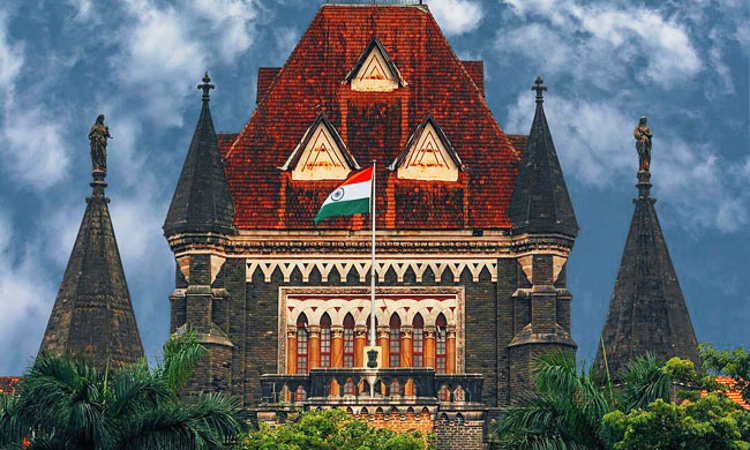Son Can't Claim Right Or Share In Parents' Flats While They Are Alive : Bombay High Court
Sharmeen Hakim
19 March 2022 12:40 PM IST

Next Story
19 March 2022 12:40 PM IST
A son doesn't have any right, title or settled and enforceable share in his parent's flats till they are alive, the Bombay High Court has observed. A division bench of Justices Gautam Patel and Madhav Jamdar rejected the son's suggestion that he has a settled and enforceable share in either of the flats in the lifetime of the real owners, his parents, as being "laughable." "The fact...
